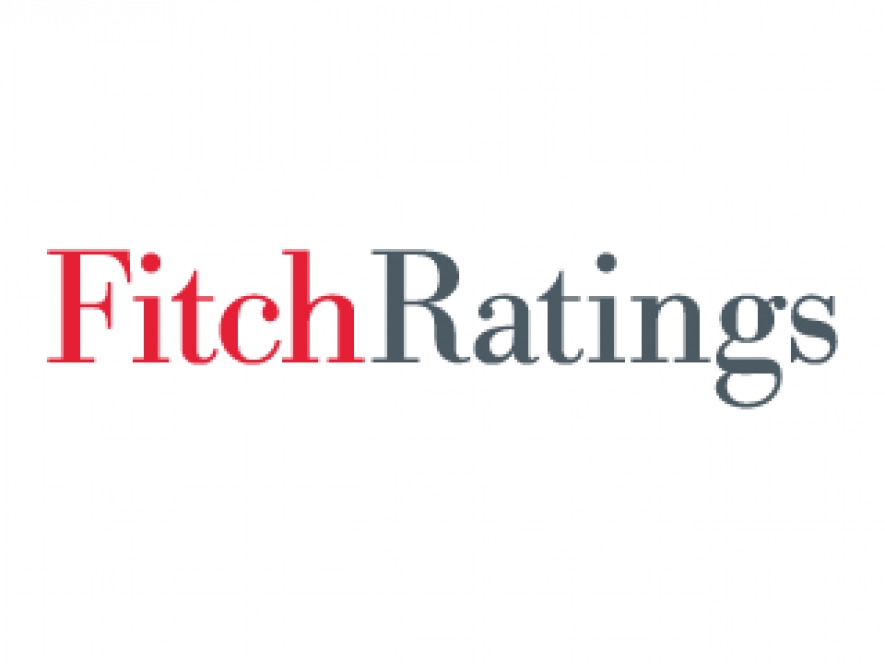The orderly conduct during Sri Lanka's presidential election, and the peaceful handover of power to newly elected opposition candidate Maithripala Sirisena on 9 January, is a positive signal for political stability, says Fitch Ratings.
"The quick and smooth transition of power indicates a basic level of political stability, which could bolster foreign investor confidence. That would in turn provide more stable funding for the persistent current account deficit," the rating agency said in a statement.
However, low governance standards are a key weakness for Sri Lanka, as reflected in its 'BB-' rating; a smooth presidential transition may boost foreign investor confidence and mark the start of reforms needed to improve fiscal credibility.
Other key credit weaknesses for Sri Lanka are low foreign direct investment, a high level of net debt and weak public finances.
The country ranks far below its 'BB'-range peers on political stability in the World Bank's Worldwide Governance Indicators, placing it in the 26th percentile versus a 'BB' median of 41st; on accountability, Sri Lanka is in the 29th percentile versus the peer median of 45th.
Notably, with FDI only covering a small portion of the current account, Sri Lanka's net external debt is more than double that of the 'BB' peer group median at about 43% of GDP as of end 2014.
The public finances are also a key credit weakness as evidenced by relatively low level of government revenues as a percent of GDP and high government debt ratios. As such, the formulation of a credible budget consolidation path by the new government would be a credit positive.
According to Fitch, new President Sirisena has provided limited clarity on the specifics of his economic agenda so far, and it remains to be seen what impact the new government's policies would have on the economy and the sovereign's creditworthiness.
"Sirisena promised to make constitutional changes to abolish the executive presidency and foster other political and governance reforms during his campaign, and these are likely to be a key priority in the early months of his administration. However, uncertainty remains as to his ability and willingness to push through with such measures, and the long-term effect these would have on governance standards."




















